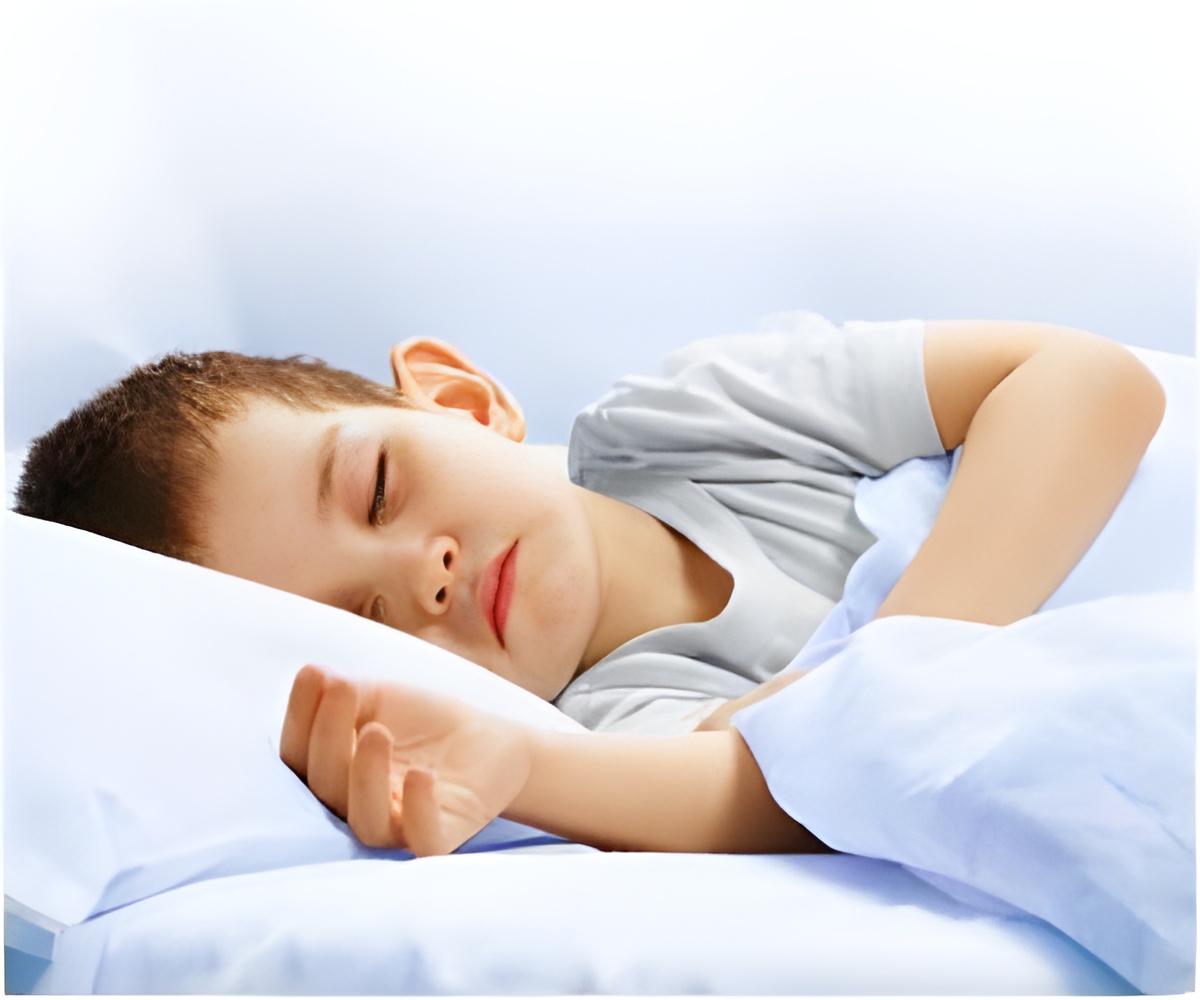
In the study, the research team assessed a total of 1,103 parents between the ages of 6 and 17 living in the US. Participants - more than 50 percent female - completed surveys and members of the team quizzed them over the Internet.
Though a grand majority of parents understands the importance of sleep, a whopping 90 percent of their offspring didn’t sleep as many hours as are recommended for their age group.
According to the researchers, children between the ages of six and 11 should sleep nine hours per night and those between the ages of 12 and 17 should get in at least eight hours of shut-eye per night.
Anne-Marie Chang, assistant professor of biobehavioral health at Penn State and co-author of the study says that, “We have previously demonstrated the negative effect that use of light-emitting technology before bedtime can have on sleep, and now in this study we see how parental rules and routines regarding technology can influence the quantity and quality of their children’s sleep.”
Chang’s colleague Orfeu Buxton cited busy schedules that make it hard for both children and parents to get adequate sleep. However, it should be intertwined in the rhythms of the household and treated as sacred, he added.
Advertisement
Source-Medindia









